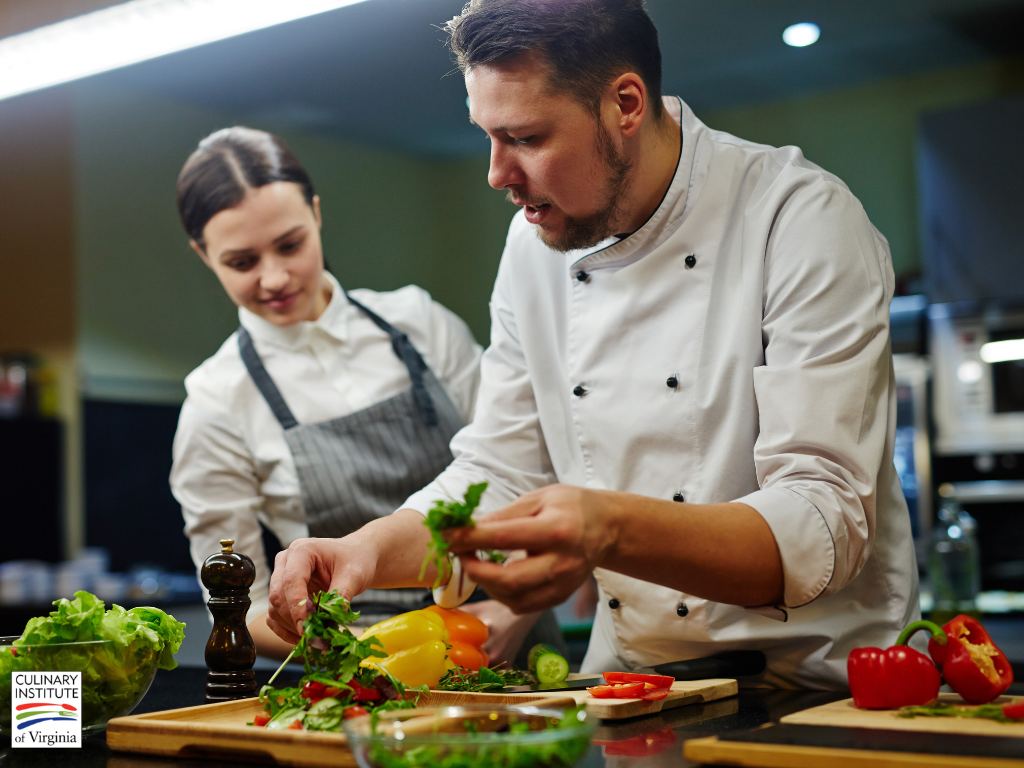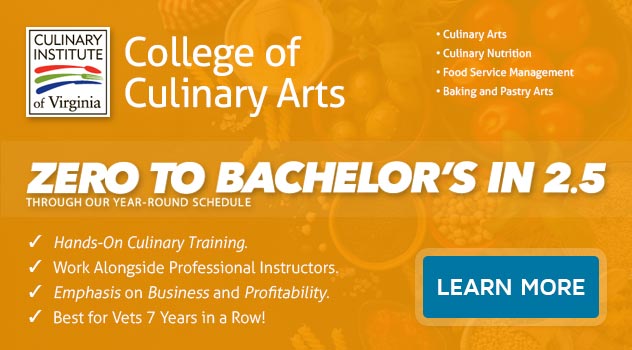Chef Qualifications and Skills: Is a Formal Degree Among Them?
Professional chefs are charged with cooking, preparing food, and supervising other culinary professions in the kitchen. They can work in hotels, resorts, restaurants, private residences, and other areas that require culinary expertise.
If you love cooking and serving delicious food to your family, friends or customers, then you should consider enrolling for a degree in culinary arts to sharpen your skills and possibly become a professional chef.
What Qualifications Do You Need To Become A Chef?
No matter what type of a chef you want to become, there are specific qualifications that you must meet. These can vary widely depending on the type of chef you aspire to be, from a private chef to an executive chef at a deluxe hotel. You will need not only culinary skills but also business skills to complement your kitchen prowess.
Some professional chefs begin their occupation from the low-skill kitchen jobs and progressively work their way up. Climbing the culinary ladder can be hard and discouraging. Many people opt for culinary education to help them learn everything they need to know to avoid washing dishes for several years first.
Formal training through culinary institutions could help you achieve the advanced levels. You will find that advanced positions require professional training through vocational schools or a formal college degree. This is because culinary education is multifaceted and provides training and skills in a variety of tasks such as food selection, menu planning, and portion sizing.
On average, you need eight to fifteen years of experience in your specialty area before you earn the title of a chef. Typically, chefs will specialize in a particular type of cuisine and direct most of their attention and training towards improving their specialty. For example, pastry chefs spend most of their time improving on desserts while other chefs specialize in popular cuisines from some areas of the world, such as sushi or Thai cooking.
What Soft And Hard Skills Do You Need To Be A Successful Chef?
A successful chef needs both hard and soft skills. Hard skills are job-specific and based on working knowledge in a particular field. Soft skills have to do with your traits and attributes like your communication skills and social cues.
Management Skills
Business and management skills are vital to any successful chef. You will need to be able to supervise and manage those working under you, including prep cooks, cooks, sous chefs, and other employees in the kitchen. Apart from your leadership skills, you will need to know how to estimate the right amount of food to avoid waste and extra costs.
Organizational Skills
Usually, chefs work in fast-paced and high-stress kitchen environments. To be a great chef, you must be able to withstand long work hours and be comfortable working late in the night. For this reason, chefs need to be highly organized to coordinate their work-life balance.
Culinary Expertise
As a chef, culinary expertise is the top skill that you need. You need to have the ability to cook and proficient knowledge of the kitchen. Culinary expertise is a broad skill that includes other smaller skills such as tasting skills, knife skills, recognizing flavors, and balancing seasoning.
Portion Control
This is an essential component of food quality control and food cost. Portion control ensures there’s no food waste and that quality and consistency are always achieved. Without portion control skills, any excess food added to the customer’s plate comes out of your bottom line, reducing your profit margin.
Does Someone with a Degree Have the Upper Hand?
While it’s still possible to become a chef without undergoing formal training, you might take more and more years to secure a job in this position. But having a degree in culinary arts and a little bit of experience, it could take you less than four years to see yourself as head chef.
If you are interested in taking up advanced careers in the hotel industry, advanced studies, such as a degree in culinary arts, are necessary. Whether you are a restaurant entrepreneur who needs additional skills or wants to be a professional cook, obtaining formal education in the field of culinary will put you on the right path.
The scope of employment is vast and attractive, and opportunities range from working at a hotel, restaurant, casinos, hospitals, and private homes, corporate kitchens, aboard yachts and pastry shops.
Start your Culinary Journey Today at ECPI University
Do you have the desire to acquire proper skills for kitchen management and supervision? If your answer is yes, consider ECPI University’s Culinary Institute of Virginia for an Associate of Applied Science in Culinary Arts. For more information about this exciting opportunity, connect with a helpful admission representative today.
It could be the Best Decision You Ever Make!
DISCLAIMER – ECPI University makes no claim, warranty, or guarantee as to actual employability or earning potential to current, past or future students or graduates of any educational program we offer. The ECPI University website is published for informational purposes only. Every effort is made to ensure the accuracy of information contained on the ECPI.edu domain; however, no warranty of accuracy is made. No contractual rights, either expressed or implied, are created by its content.
For more information about ECPI University or any of our programs click here: http://www.ecpi.edu/ or http://ow.ly/Ca1ya.




